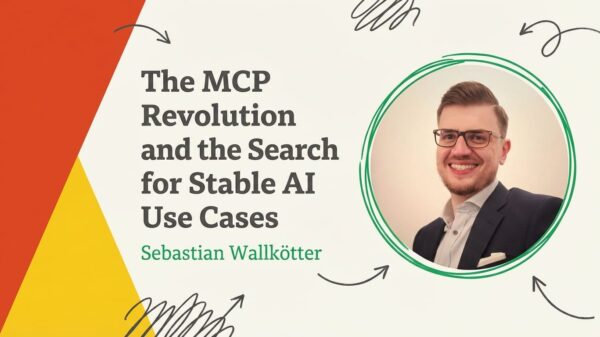In a significant move reflecting the ongoing impact of artificial intelligence (AI) on the legal industry, the prominent law firm Clifford Chance has announced plans to restructure its London business services team. This decision is expected to lead to job losses for approximately 10 percent of its 550 employees, as reported by the Financial Times. The firm cited increased reliance on AI technologies and a decline in demand for certain business services as key factors necessitating these changes.
Clifford Chance’s restructuring comes at a time when the legal sector is increasingly leveraging AI to enhance efficiency and reduce operational costs. The firm specifically mentioned that tasks are being transitioned to more cost-effective hubs, including locations in Poland and India. Despite a reported £2.4 billion revenue for the fiscal year ending 2025—a 9 percent increase from the previous year—this strategic move emphasizes the urgent need to adapt to an evolving market landscape.
The decision to cut jobs during the festive season has drawn criticism from employees, who expressed dissatisfaction about the timing of the announcement, although the layoffs will not take effect until January 2026. This scenario is not isolated; other firms, such as Mishcon de Reya and BCLP, have also initiated redundancy consultations, with AI advancements cited as a contributing factor in those decisions. These developments highlight a broader trend within the legal sector where AI is viewed as both a tool for innovation and a catalyst for workforce changes.
As part of its strategy, Clifford Chance is working with major AI providers, including Microsoft Copilot and Azure OpenAI, to improve operational efficiencies. A spokesperson for the firm indicated that the proposed changes may lead to the creation of new roles, adjustments to existing positions, and realignment of team structures. “The proposed changes could see the creation of new roles, changes to the scope of roles, revised team structures, and in some cases a reduction in roles,” they stated.
This restructuring at Clifford Chance is emblematic of a growing recognition in the legal industry that traditional business models must adapt to the technological landscape. AI has the potential to automate various tasks, thereby reshaping the demand for junior roles and other business service positions that have historically formed the backbone of legal operations.
Overall, the shift towards increased AI adoption signals a transformative period for the legal profession, where firms must balance the integration of advanced technologies with the human elements of their services. As industry leaders navigate this transition, the implications for job security and workforce dynamics will be closely watched.
See also New Book “Governing the Machine” Reveals AI Governance Gaps for Business Leaders
New Book “Governing the Machine” Reveals AI Governance Gaps for Business Leaders FTSE 100 Plummets to One-Month Low Amid Rising AI Bubble Concerns and October Borrowing Spike
FTSE 100 Plummets to One-Month Low Amid Rising AI Bubble Concerns and October Borrowing Spike 82% of African Executives View Agentic AI as Coworkers, MIT Report Reveals
82% of African Executives View Agentic AI as Coworkers, MIT Report Reveals Balfour Beatty Integrates Microsoft 365 Copilot, Achieves 75% Productivity Boost
Balfour Beatty Integrates Microsoft 365 Copilot, Achieves 75% Productivity Boost Clifford Chance Cuts 10% of London Staff Amid AI Integration, Restructures Roles
Clifford Chance Cuts 10% of London Staff Amid AI Integration, Restructures Roles




































































